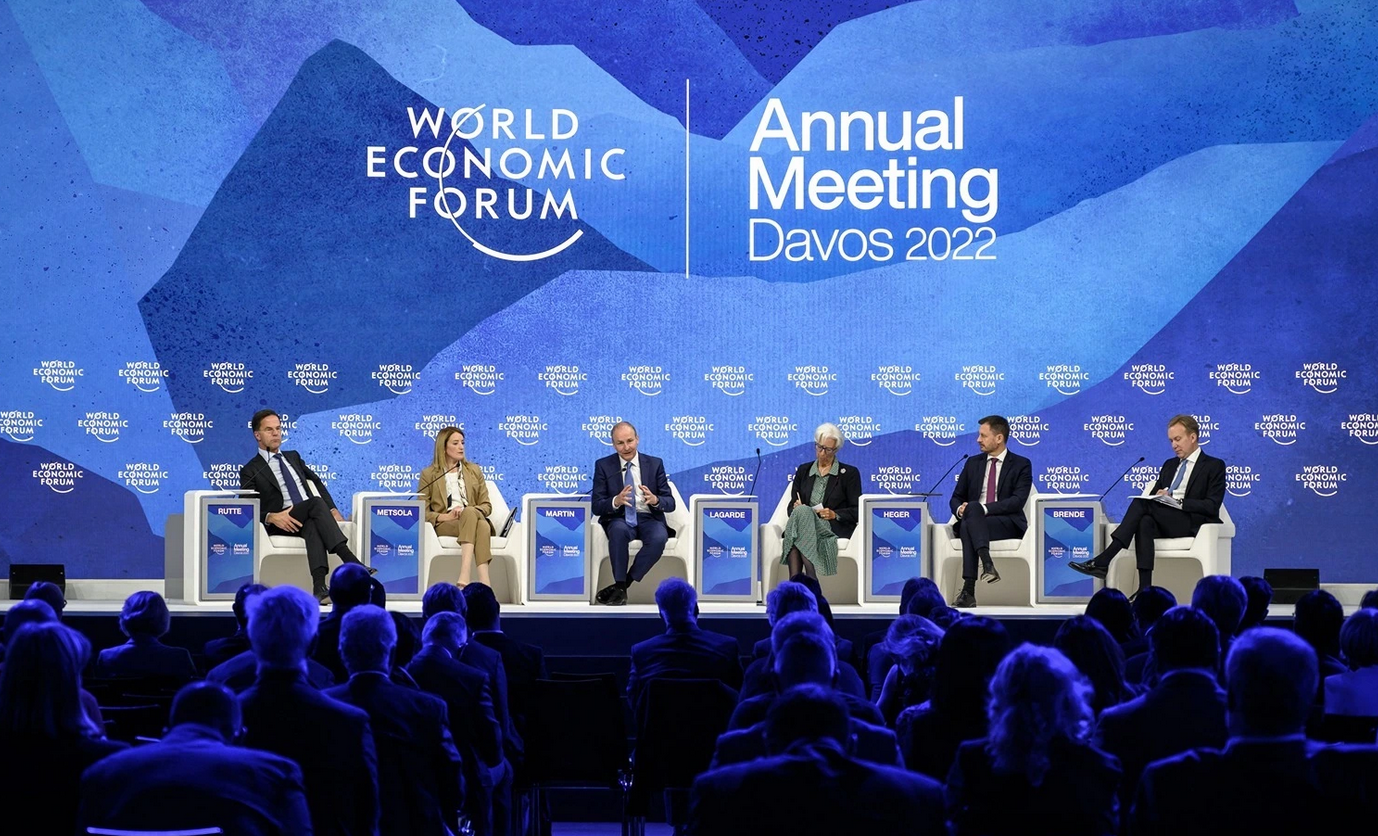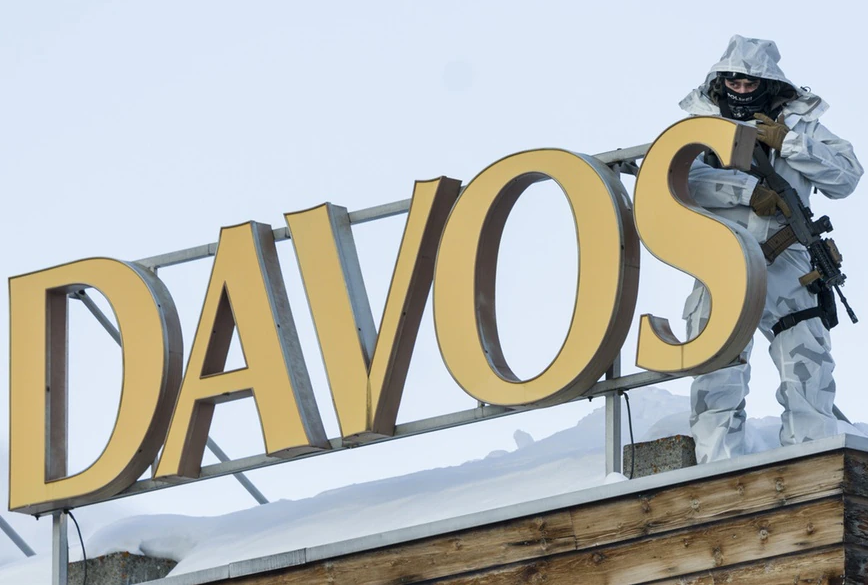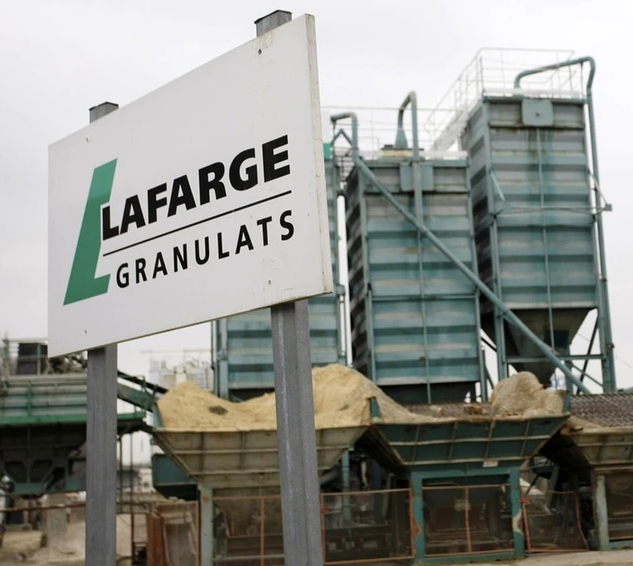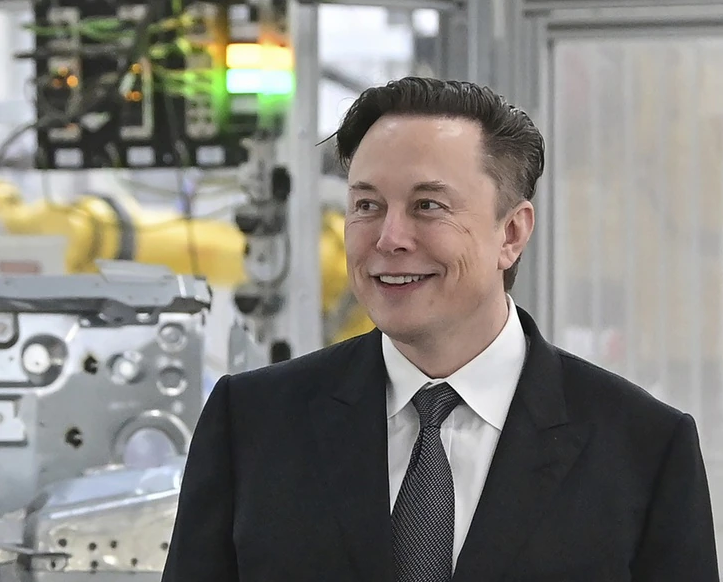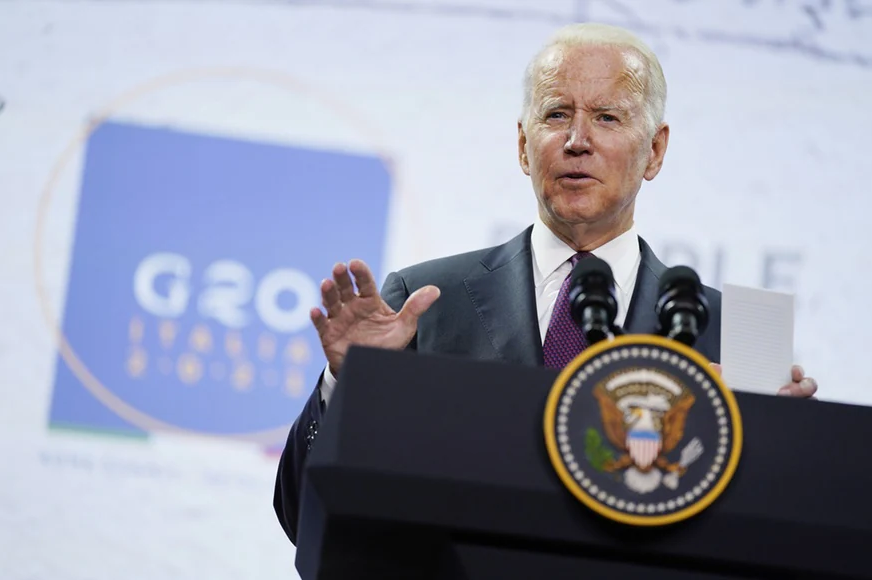It’s easier to make lofty pledges about saving the world when the world isn’t battling multiple crises. The World Economic Forum’s programme last week included the word “crisis” 42 times. Throughout the four-day event, “crisis” was uttered on panels on climate change, in interviews on the war in Ukraine, and in conversations on food shortages held around lavish buffet tables. There’s no denying that the world is gripped by multiple crises. There’s also no denying that not everyone is affected by these crises in the same way. “There is a growing divergence between those who have the capacity to deal with problems and those who don’t,” said International Monetary Fund chief Kristalina Georgieva on a panel in Davos. This divergence was on display in Davos. For all
Topics:
Swissinfo considers the following as important: 3.) Swissinfo Business and Economy, 3) Swiss Markets and News, Featured, Multinationals, newsletter
This could be interesting, too:
Nachrichten Ticker - www.finanzen.ch writes Die Performance der Kryptowährungen in KW 9: Das hat sich bei Bitcoin, Ether & Co. getan
Nachrichten Ticker - www.finanzen.ch writes Wer verbirgt sich hinter der Ethereum-Technologie?
Martin Hartmann writes Eine Analyse nach den Lehren von Milton Friedman
Marc Chandler writes March 2025 Monthly
It’s easier to make lofty pledges about saving the world when the world isn’t battling multiple crises.
The World Economic Forum’s programme last week included the word “crisis” 42 times. Throughout the four-day event, “crisis” was uttered on panels on climate change, in interviews on the war in Ukraine, and in conversations on food shortages held around lavish buffet tables.
There’s no denying that the world is gripped by multiple crises. There’s also no denying that not everyone is affected by these crises in the same way. “There is a growing divergence between those who have the capacity to deal with problems and those who don’t,” said International Monetary Fund chief Kristalina Georgieva on a panel in Davos.
This divergence was on display in Davos. For all the talk of the world at a turning point, much of the meeting felt very business-as-usual. My hunch was confirmed by a friendly WEF attendee who told me that this edition felt “more business-y” than in the past.
Few company bosses were seeking out media attention with big, splashy pledges about improving the state of the world. Some of this may be humility – it’s hard to talk about fighting inequality or solving the food crisis when corporate profits soar. But could it also be that it’s easy to talk about solving problems when there’s less at stake?
With this backdrop, it’s not surprising that suspicions of sustainability and ESG claims are growing. This past week German police raided the offices of DWS and its majority owner Deutsche Bank in a “greenwashingExternal link” probe. This came on the heels of the US Securities and Exchange Commission fining BNY Mellon for ESG misstatementsExternal link. Meanwhile, in Davos a panel on China’s economic outlook encouraged Chinese companies to focus on ESG to attract foreign investors while UN High Commissioner for Human Rights was in China over widespread abuses against ethnic Uyghurs in Xinjiang.
Then there is the question over whether to stay or leave Russia appears to be up to the whims of each companyExternal link rather than the authorities, as SWI colleague Frederico Franchini reported this week. As one government official told him, we don’t give advice on whether to stay in Russia. “It is a business decision that companies make on their own”. The West’s reaction to Russia’s invasion of Ukraine has been to wage economic warfare but not all companies are proving good soldiers.
What else caught my eye?
Glencore tries to put its bribery days behind it – Last week Swiss mining and commodities giant Glencore pleaded guilty to a web of bribery and agreed to pay a fine of $1.5 billion to settle US, UK and Brazilian probes that have hung over the commodities giant for years. “Bribery was built into the corporate culture,” Manhattan US Attorney Damian Williams said at a press conference. “The tone from the top was clear: whatever it takes.”
The new CEO, Gary Nagle, said it’s a “different company” now and new safeguards are in place. The level of corruption though, writes the Financial Times, “will leave a lasting stain on Glencore’s reputation”. Another party that’s not fully convinced that it’s changed – the US Department of Justice, which said it plans to subject Glencore to an independent monitor and higher levels of scrutiny.
Swiss industrial group Oerlikon plans to offload Russia business to local management. The company, which produces surface technologies and equipment, had already ceased all international cross-border business activities with Russia following its invasion of Ukraine. It called the latest decision the “final step” in ceasing all business activities within Russia. Meanwhile, Novartis announced on Thursday it was restarting business activities in Ukraine following a safety review.
Firmenich and DSM merger takes on big food and flavour giants – Swiss flavour maker Firmenich and Dutch company Royal DSM agreed a deal to form a new fragrance giant. The €41bn deal seeks to create a “global powerhouseExternal link” that can rival competitors including Swiss multinational Givaudan, which serves food giant Nestlé and luxury goods maker Richemont.
This mega-merger comes at another price – the Firmenich family hold on the company. For more than 127 years, the family had the upper hand and has supported more than a dozen takeoversExternal link in the past five years, wrote the Handelszeitung this week. That’s over now. The family will become junior partners with 34.5% of the shares in the joint entity.
Nestlé to the rescue of the infant formula shortage in the US – Swiss food giant Nestlé was tapped by the White House to ship 1.5 million bottles of infant formula from Switzerland to Indiana as part of what the US Defense Department has called “Operation Fly Formula”. This aims to help the country cope with a major shortfall in infant formula after production and supply chain problems left empty shelves in much of the US.
The press release from the US Embassy in Bern said that the shipment by Nestlé “underscores the strength of the dynamic US -Swiss relationship and the importance of our robust economic partnership”. Talks are underway on more shipments.
Holcim sells off its India subsidiaries and some sustainability problems – Asia’s richest man Gautam Adani struck a deal with Swiss cement giant Holcim to acquire its Indian businesses for $10.5 billion a few weeks ago. This is part of Holcim’s plans to focus on diversifying in its “core markets” but some analysts suspect it’s also a way to offload its sustainability headaches.
The Business Standard writes that “a large part of the reason why exits from emerging markets look attractive is that they help Western companiesExternal link in hard-to-abate sectorsExternal link such as steel and cement hit increasingly aggressive sustainabilityExternal link targets”.
Roche and Novartis back new initiative on access to cancer drugs – The two Swiss pharma giants have teamed up with cancer organisations in a new alliance to make more oncology medications and diagnostics available in poorer countries. This isn’t just about financial donations, Cary Adams, CEO of the Union for International Cancer Control, which is a key partner, told SWI. He said companies are expected to make medicine available in a sustainable way. The Access to Oncology Medicines Coalition is looking at a range of ways to bring down the price of medicine, including voluntary licensing to allow for generic manufacturing.
Tags: Featured,Multinationals,newsletter

